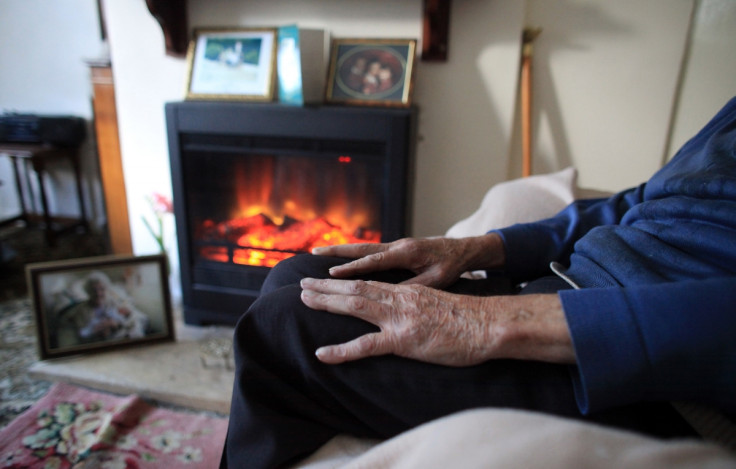Longevity: 'No Single Gene' Identified In Supercentenarians

A long life is probably determined by factors other than genes.
Scientists from Stanford University, the Institute for Systems Biology in Seattle, and the University of California Los Angeles who performed whole-genome sequencing on 17 supercentenarians have returned no significant findings.
The subjects are all older than 110 years.
Besides stumbling on an unrelated gene variant for a heart condition in a person older than 110 and unaffected by the gene, the team were not able to see any genetic basis underlying extreme longevity.
In searching for a gene that confers extreme longevity, they were expecting to see a specific mutation altering the protein-coding region in a gene to confer a long lease of life.
The other explanation was a gene that confers extreme longevity when altered by any one of a number of protein alterations, reports Sci-news.com
The team performed whole-genome sequencing were hoping that while many of the supercentenarians may carry variants in the same gene, the variant in each supercentenarian may be different.
"For people born around 1900, the odds of living to 110 are estimated to be 1 in 10,000 people," the scientists wrote in a paper in the journal PLoS ONE, "hence we assume that any genetic variant that contributes strongly to extreme longevity would also be rare."
The scientists analysed rare protein-altering variants, but found no significant evidence of enrichment for a single rare protein-altering variant or for a gene harboring different rare protein altering variants.
The gene showing the most enrichment for protein-altering variants in the supercentenarians compared to controls was the TSHZ3 transcription-factor gene.
While it carried more of the protein-altering variants in the supercentanarians than the control group, the difference was not statistically significant.
The sequenced genomes will be available as a resource for future studies.
© Copyright IBTimes 2025. All rights reserved.





















